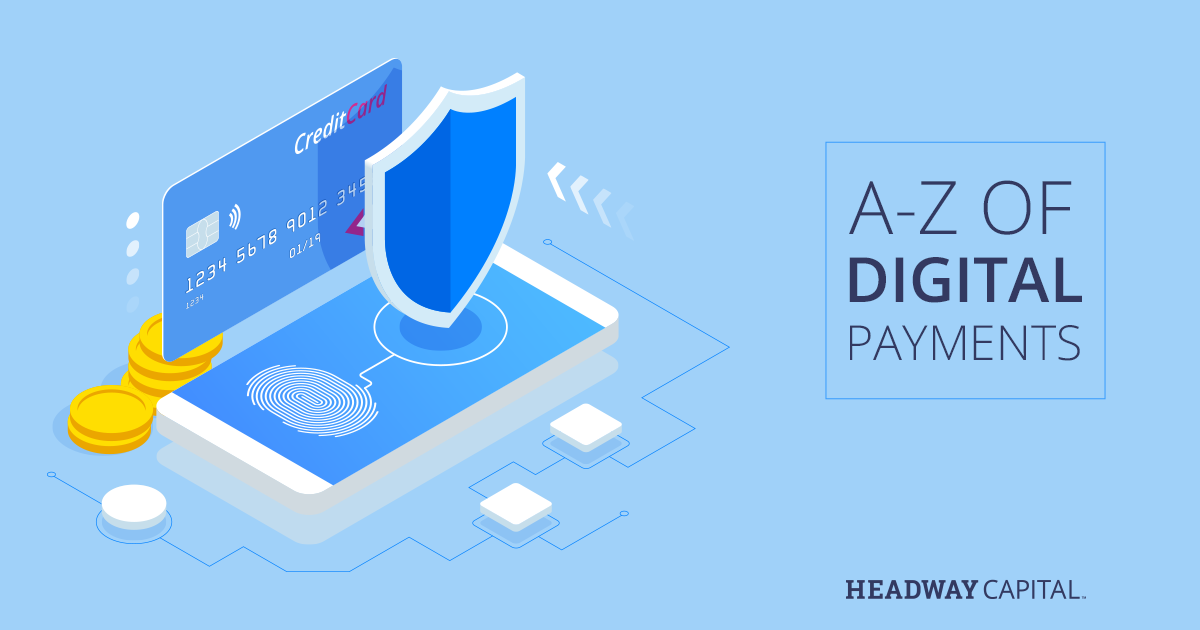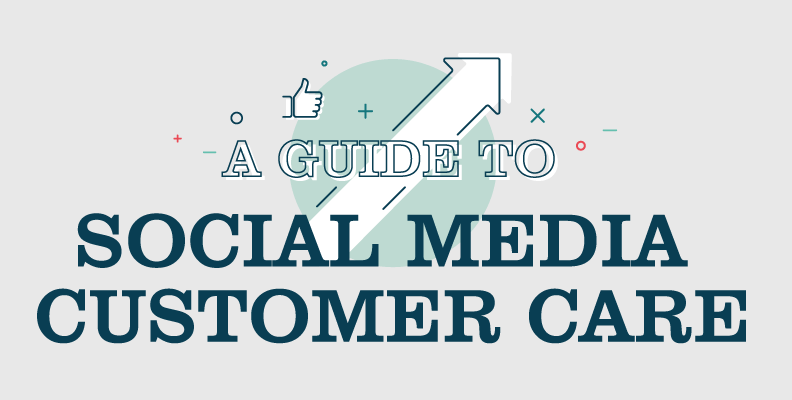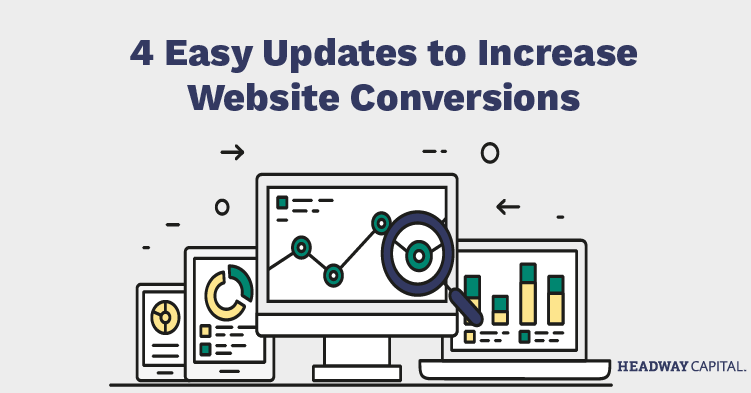7 Steps to Better Cybersecurity for Your Business
The Internet is a powerful tool for small businesses, letting you instantly connect with partners and customers around the globe. But having your company connected can also be a big risk — scammers, hackers and other criminals can take advantage of lax security to steal information about your business and customers. Below, we’ve compiled seven tips that will help you keep your data secure.
1. Strong Passwords
It doesn’t matter what other steps you take to secure your data — if your company’s passwords aren’t strong, it becomes easy to access your digital infrastructure.1 Make sure that your company requires strong passwords to access your network — mandate minimum lengths and require mixture of numbers, symbols and letters, for instance — and make sure that they are changed regularly.
2. Back Up Data
Whether through an attack or a simple power outage, it’s possible to lose vast amounts of important data instantly. Make sure you have redundant backups for all your most important information. That might mean anything from backing up your data on hard drives that aren’t connected to the Internet, to hiring a cloud company to keep your information on their servers. And keep in mind that hard drives fail and cloud companies can be compromised, too!
3. In-House Security
This might seem separate from cybersecurity, but an unauthorized visitor can accomplish plenty of mischief without even employing much technical knowhow. An open laptop that isn’t password-locked can be used to access secure files. In fact, an unattended laptop can just be snatched, letting the thief access its contents at their leisure. Make sure you only let authorized personnel into your workplace, and make sure that employees regularly lock their computers when they leave their desks.
4. Wi-Fi Security
Having an unsecured Wi-Fi network is the electronic equivalent to leaving your front door wide open. It’s a good idea to keep your company’s Wi-Fi invisible and password-protected.1 This might make it slightly less convenient when people want to connect, but it will keep your data more secure!
5. Firewalls and More
Firewalls limit who can access your network from outside. A good firewall makes it harder for people to get data that should be secure. Remember that it will make it harder for your employees to access your network from outside, too! A virtual private network, or VPN, can make it possible for workers to log in remotely.2
6. Mobile Security
If you or your employees use their smartphones for work, you’ve got a whole lot of potential weak points in your security. Phones are vulnerable when they use public networks and can be just as easily lost or stolen than computers. Make sure all phones that are used for work are encrypted, and have a policy in place to report lost devices.3
7. Security Plan
Don’t let your security plan be put together piecemeal. A detailed plan will not only make your small business increasingly trustworthy to consumers, it also makes it easier for everyone in your organization to be on the same page. If you want a formal cybersecurity plan, the FCC has a free planning tool that can help you design a customized plan for your specific business needs.
References
1FFC.gov. Cybersecurity for small business. (n.d.). Retrieved August 24, 2015 from https://www.fcc.gov/cyberforsmallbiz
2Geier, E. (2013, March 19). How (and why) to set up a VPN today. Retrieved August 24, 2015 from http://www.pcworld.com/article/2030763/how-and-why-to-set-up-a-vpn-today.html
3Rybaltowski, M. (2014, April 15). How to find the best cyber security insurance for your firm. Retrieved August 24, 2015 from http://www.reuters.com/article/2015/06/26/us-advisers-insurance-cybersecurity-idUSKBN0P61V520150626







